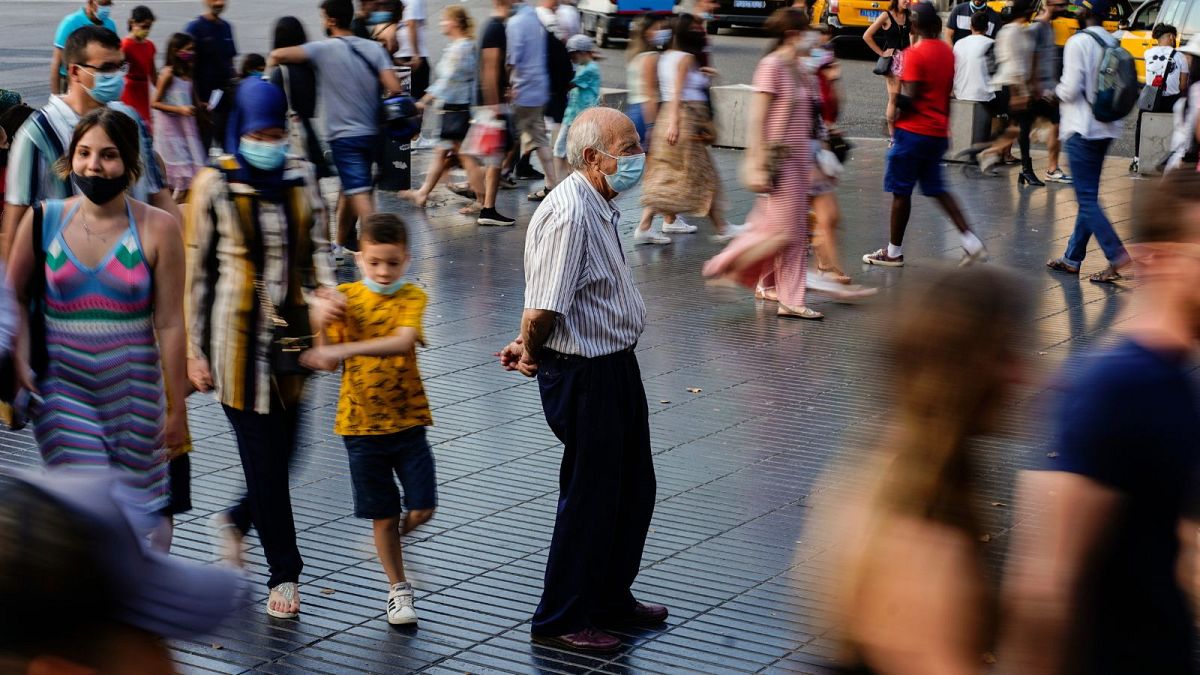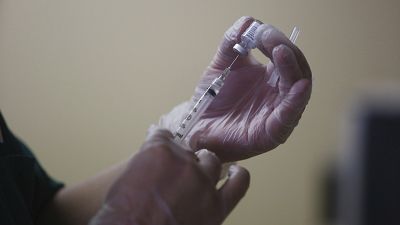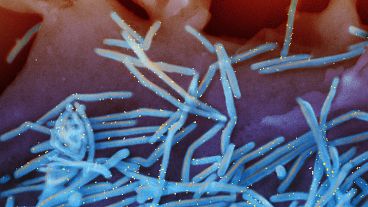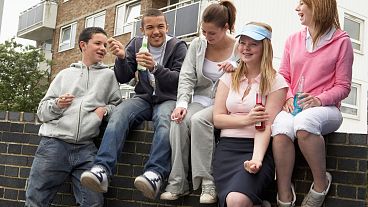A mutation in the proteins that helps the immune system recognise what belongs to the body and what doesn’t has been linked by scientists to “super dodgers”, people who don’t develop symptoms when getting COVID-19.
One of the most baffling aspects of the COVID-19 pandemic was that, while many who contracted the virus got seriously sick and even died, others caught it and remained symptom-free, never experiencing so much as a sniffle because of it.
While the research on the topic so far had remained unclear about why some people suffer severe illness after contracting COVID-19 and others don’t, a new study claims to have found an answer as to why some people are “super dodgers”.
A super dodger is a person who catches the virus, but never develops any symptoms.
According to a paper published on July 19 in Nature by UC San Francisco researchers, super dodgers might have a “genetic ace up their sleeve” that allows them to avoid feeling sick because of COVID-19. It’s a mutation of the protein markers that are used by the immune system to tell what belongs to the body and what does not.
Super dodgers are more than twice as likely than those who develop symptoms to carry a gene variation within the human leukocyte antigen, or HLA, that helps them identify SARS-CoV-2 - despite the fact that they’ve never encountered the virus before - and eliminate it.
This mutation, called HLA-B*15:01, was carried by about 10 per cent of the UCSF study’s group which included 1,428 unvaccinated people who tested positive between February 2020 and the end of April 2021, before vaccines became widely available.
About 20 per cent of people in the study who didn’t develop symptoms after contracting COVID-19 carried at least one copy of the HLA-B*15:01 mutation, while those who carried more than one were 8 times more likely to avoid feeling sick.
“If you have an army that’s able to recognise the enemy early, that’s a huge advantage,” the study’s lead researcher, Jill Hollenbach, a professor of neurology, epidemiology, and biostatistics said, as quoted by UCSF.
“It’s like having soldiers that are prepared for battle and already know what to look for, and that these are the bad guys.”



